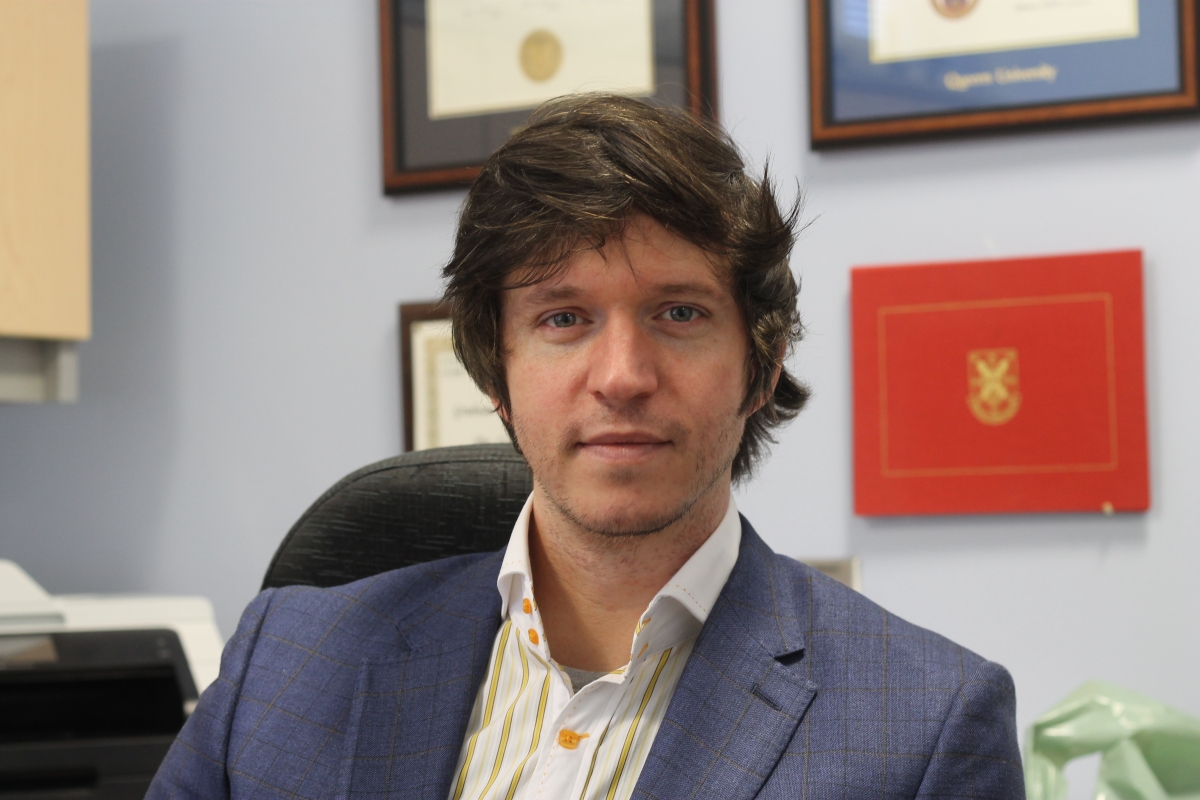Gary Armstrong will use fish models to understand nervous system signaling
 A researcher from the Montreal Neurological Institute and Hospital (The Neuro) is one of eight scientists to receive a grant this year from the ALS Society of Canada.
A researcher from the Montreal Neurological Institute and Hospital (The Neuro) is one of eight scientists to receive a grant this year from the ALS Society of Canada.
Gary Armstrong, who joined The Neuro in 2017, is furthering our understanding of synaptic defects arising both at peripheral neuromuscular junctions and central spinal cord synapses in Amyotrophic Lateral Sclerosis (ALS) using zebrafish models. The award is valued at $125,000.
The research being funded will seek to answer questions that will enable the exploration of new therapeutic targets, extend existing research to support further discoveries and help researchers gain a greater understanding about why ALS progresses differently in each individual.
“I am incredibly grateful by the support from ALS Canada and their donors,” says Armstrong. “Animal models of ALS offer a rare opportunity to investigate cellular defects that arise early in the disease process. This is critically important as they likely play important roles in the disease and the better we can understand what goes wrong the better we can design the next generation of therapies.”
“As someone living with ALS, when I see the passion and dedication of the Canadian ALS research community, I am hopeful that we will soon find the answers we need to change the lives of people living with this disease,” said Denis Blais, who was diagnosed with ALS in 2015 and last year had the opportunity to observe the peer review process. “While there has been significant progress in the last few years, there is more work to be done and we must continue to invest in ALS research to bring us closer to a future without ALS.”
Approximately 3,000 Canadians are living with ALS, a terminal disease that gradually paralyzes people because the brain is no longer able to communicate with the muscles of the body that we are typically able to move at will. Each year approximately 1,000 Canadians die from ALS and a similar number are diagnosed. With no cure and few treatment options available that have a significant impact on the progression of the disease, most people with ALS die within two to five years of diagnosis.
November 23, 2018
